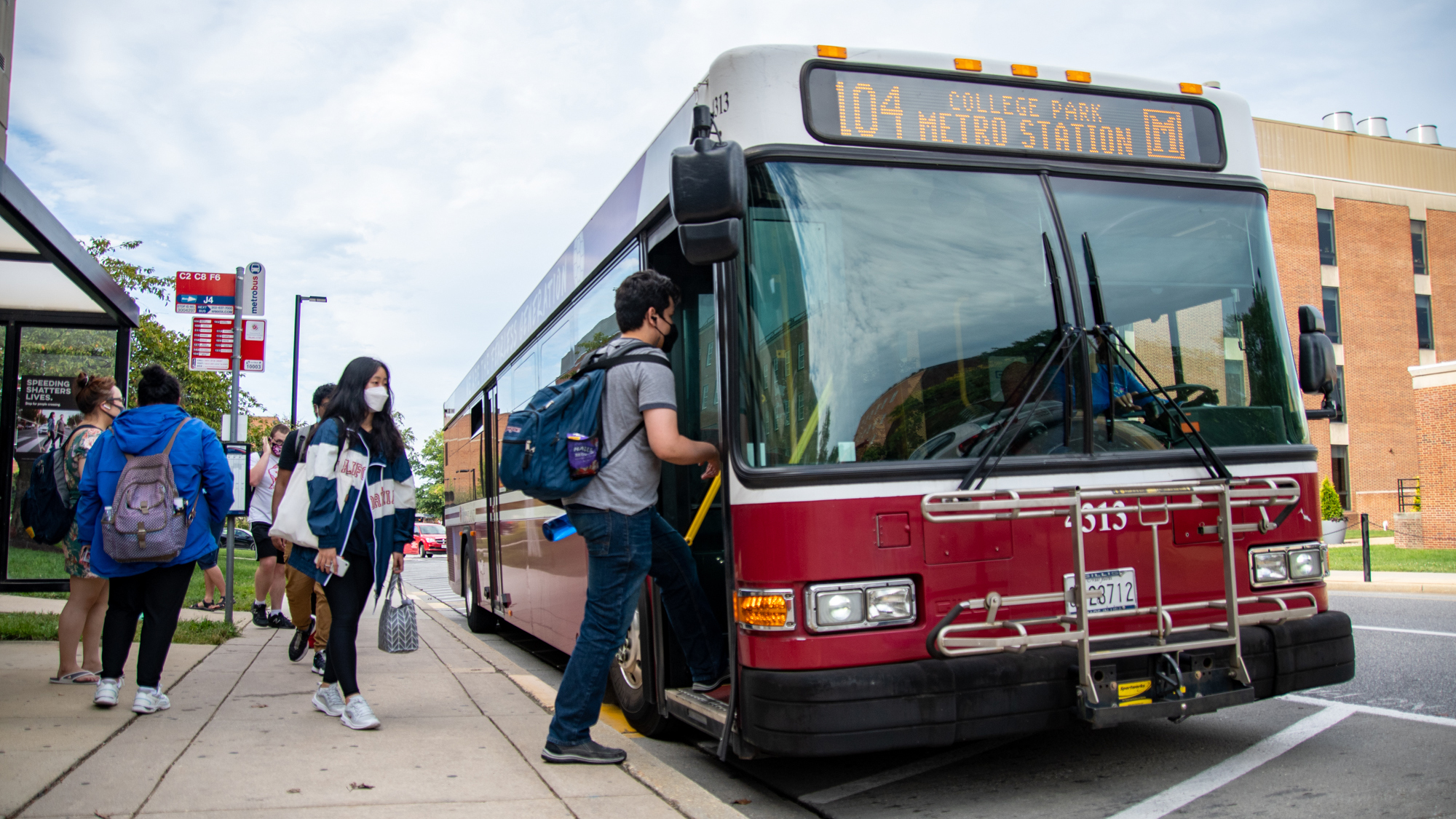Views expressed in opinion columns are the author’s own.
What do overbearing employers and tacky magicians have in common? A reliance on misdirection.
Recently, the University of Maryland’s Department of Transportation Services began offering student bus drivers $16.50 per hour during training and $18.50 per hour as drivers. Some of the longer-tenured drivers have described this move as a “slap in the face.”
This frustration is understandable; it feels like watching your dedication to your employer through a pandemic and the general stress of handling irresponsible college students go practically unrewarded, aside from modest praise and even more modest raises. Drivers such as Nancy Vaughn have expressed this frustration, saying they are “disgusted” students are receiving this two-dollar wage bump and it’s “so unfair.”
However, the truth is that aiming one’s ire and disgust at co-workers is not only misdirected but also counterproductive and disrespectful to student drivers. After all, the kids going through school and getting licensed to drive buses aren’t some sort of one-percenters stagnating driver wages. That title belongs to your employer: the state of Maryland.
To those offended by such a raise, I would posit this question: would you prefer new student drivers receive even lower wages? Bitterness and the urge to put people in their place may argue yes, but materially that only hurts both students and the workforce here.
This isn’t a zero-sum game: the increased welfare of student workers doesn’t come at the cost of full-time workers and vice-versa. Lowering wages doesn’t make life better for any of these employees.
On the other hand, increased wages across the board would be a great alternative. Seniority in the position is respectable and undoubtedly worthy of higher pay. By giving the longer-tenured staff both the respectable wages that they deserve and a voice at the bargaining table (along with university employees across the board), we can reduce wealth inequality and fight for better and fairer material conditions.
The student raise is not a slap in the face; it’s a wake-up call to the fact student and full-time workers at the University of Maryland are not fairly compensated for their efforts.
In fact, the $19 per hour a full-time DOTS driver earns falls below the living wage of a single adult with no children in Prince George’s County. Additionally, transportation workers in the county are among the least-compensated professions with a full-time, yearly salary of $33,781 while the yearly cost of living has been higher than that for years.
This trend holds true throughout professions at this university and beyond: your enemy or competition as a veteran of the industry is not the up-and-comer making near your wage. Your enemies are those perched at the top, trying to pit those in the same class against each other. It’s much more beneficial to ally yourself with and extend empathy to these newer and more inexperienced hires — especially considering you were once in their shoes. Instead of pledging unrequited loyalty to employers, place your sympathies with your fellow workers: the return on investment is infinitely better.
If President Pines were to be so kind as to reduce his personal salary to a mere, lowly $280,000, every single DOTS employee could get a $1,000 bonus this year. Workers shouldn’t be fighting against themselves for higher wages; they need to be united against the unequal structures in place preventing them from being paid more. The fight against inequality has a large scope, and we need to be cognizant of it to foster a brighter future for workers.
Rohin Mishra is a freshman government and economics major. He can be reached at rohinpmishra@gmail.com.



